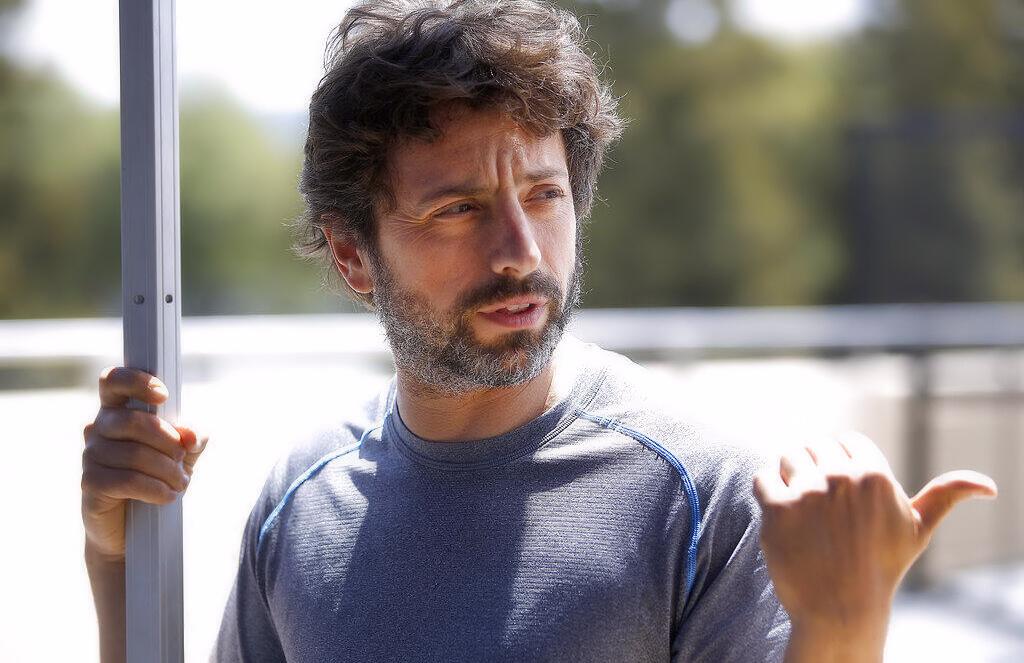$27.7 million latest gift from Sergey Brin powers groundbreaking autism research- raises his philanthropic giving to over $4 billion

The Yale School of Medicine has received a transformative $27.7 million gift from Sergey Brin‘s Family Foundation, marking a major push to revolutionize treatment for individuals with autism spectrum disorder (ASD).
The funding, channeled through the Aligning Research to Impact Autism (ARIA) initiative, will support cutting-edge research aimed at developing non-invasive communication methods and personalized therapies through large-scale brain modeling. Dr. Murat Günel, Chair of Neurosurgery at Yale and a leading expert in brain circuitry and genetics, will lead the effort.
“This initiative has the potential to change how we treat children with severe neurodevelopmental disorders fundamentally,” said Yale School of Medicine Dean Dr. Nancy J. Brown. “We are deeply grateful to the ARIA initiative and the Sergey Brin Family Foundation for this visionary support.”
ARIA is part of a broader philanthropic effort backed by Google co-founder Sergey Brin, whose foundation is focused on advancing neuroscience and health innovations.
Through ARIA, the foundation connects top-tier scientists across disciplines to accelerate the development of new treatments for autism and related conditions.
“ARIA was created to push the boundaries of autism research,” said Dr. Ekemini Riley, ARIA Managing Director. “With this partnership, we aim to unlock new possibilities for communication and independence for those most impacted by autism.”
Yale’s research team will integrate artificial intelligence, big data, and brain imaging to build digital “twins” of patients’ brains—virtual models that allow scientists to simulate and test interventions before they’re applied in real life.
The focus is on identifying and targeting specific brain circuits responsible for communication difficulties, anxiety, and sleep issues, which often accompany autism.
“By building individualized brain models, we can simulate how different therapies may work and tailor our approach to each person,” explained Dr. Günel.
The project will combine data from individuals with autism, epilepsy, and Angelman Syndrome—three conditions that share overlapping neurological traits. Intracranial recordings from epilepsy patients, for example, will provide real-time insight into brain activity, helping researchers pinpoint and eventually modify circuits involved in autism-related behaviors.
Over 30 researchers from departments spanning neuroscience, engineering, psychiatry, law, and ethics will collaborate on the initiative. The Yale Child Study Center and Yale Biomedical Imaging Center will lead clinical and imaging efforts.
At the same time, Yale’s School of Engineering and the Wu Tsai Institute will contribute AI and computational expertise.
Partnering closely with Yale New Haven Health, the team aims to translate research findings directly into clinical settings—bridging the gap between lab breakthroughs and real-world therapies.
“This is a model for how interdisciplinary science can change lives,” said Dean Brown. “Thanks to the Brin Foundation’s generosity, we’re one step closer to unlocking new therapies for those who need them most.”
Aligning Research to Impact Autism (ARIA) is a flagship initiative of the Sergey Brin Family Foundation, dedicated to accelerating breakthroughs in autism treatment through data-driven science, collaboration, and rapid clinical translation. ARIA is led by Dr. Ekemini Riley and Dr. Matthew State of UCSF.
Brin’s latest gift raises his philanthropic giving to over $4 billion.

